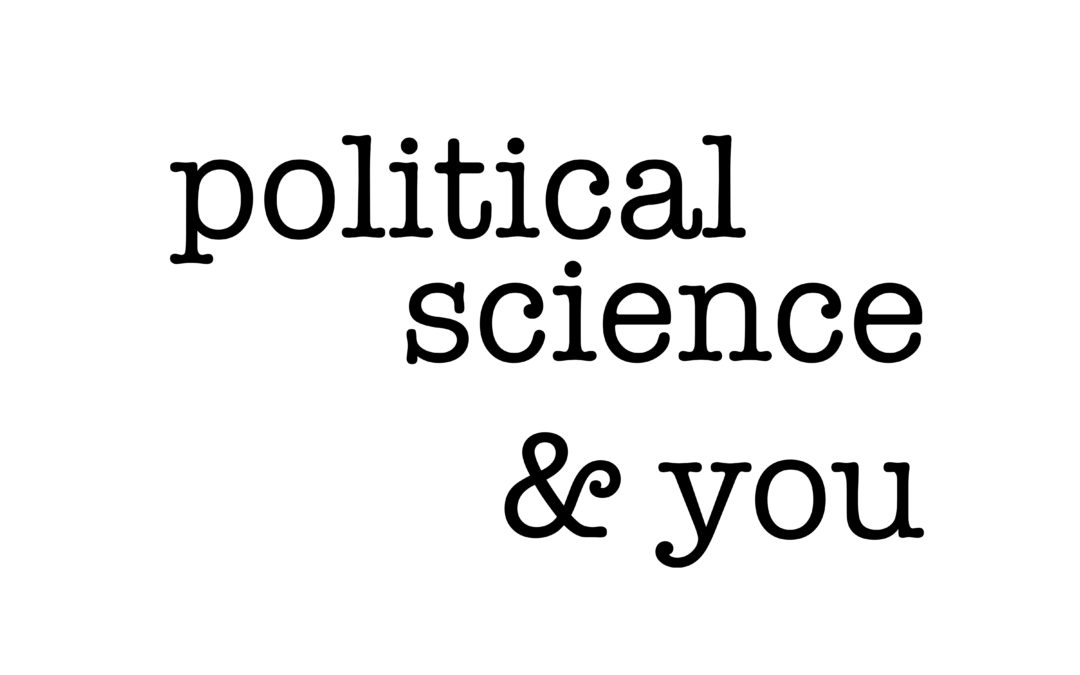From the beginning of human nature to the present, wherever human beings are found, one finds political acts of ruling and being ruled. Parents, for example, rule their children, at least until the children are old and able enough to rule themselves. In war, conquerors rule the conquered. In peace, those in government rule the governed.
There are other forms of ruling, as well. The physician rules over the surgical procedure. The architect rules the building of the house. The captain rules the heading and speed of the ship. The teacher rules the class. The coach rules the team. The priest rules the religious service.
We humans are not alone in ruling and being ruled. There are many social animals that live in packs, herds, and colonies, etc. They experience something akin to ruling and being ruled. It’s not the same as human ruling, to be sure. And, still, it’s a kind of ruling. At a minimum, herd animals know who among them is more powerful, with whom not to trifle, and whom they can push around and from whom they can take food.
Unique to human beings, however, unlike all other animals, we humans alone possess the natural capacity to ask fundamental, permanent political questions about ruling, which are fundamental, permanent human questions:
- What kinds of rule are just, and what kinds are unjust?
- Who should rule, in which circumstances, and why?
- To what ends or purposes should rule aim?
Answering these questions thoughtfully, perhaps even correctly, requires great study of human nature—a course of study in which the Great Books, as well as history and the annals of human experiences, provide valuable assistance.
Politics—or political disputes—result naturally from disputes over possible answers to the questions posed above. Some say the wisest one should rule. Others say it should be the few rich, or powerful, or most popular. Still others say the many, or the democratic masses, should rule.
Every possible answer to the questions above is intrinsically debatable, disputable, for the simple reason that there are no answers to the questions above that everyone will find to be obviously right or correct. Questions of who should rule, and how, and toward what end, are intrinsically political questions. Answers to these kinds of political questions are typically accompanied by explanations, and the explanations will always be challenged by some, especially those who have an interest in changing who rules, or how, or toward what end.
One can change the time and place where human beings live, one can change the names of the people in a community, and, still, politics persists whenever and wherever human beings are found because human beings rule other human beings and only human beings can ask whether the rule is right or wrong, just or unjust, morally legitimate or illegitimate.
Political science, properly understood, begins with the study of fundamental, permanent political questions, the fundamental, permanent human questions. Political science, therefore, is a study that will be relevant and important so long as human beings exist. It cannot be otherwise.
Those among us who say they’re “not interested in politics” are saying, in a way, they’re not interested in human nature—in their own nature—which is why it’s typically an untrue or inaccurate statement, the falsehood of which is exposed the moment someone attempts to rule them in ways they believe are unjust, to which they respond with political protests: “That is wrong!”
Turns out, even those who proclaim no interest in politics find, sooner or later, that they cannot help but to be political. They cannot escape politics, hard as they might try. Human beings are political beings. The only question is whether their politics will be wise or unwise, learned or unlearned, principled or unprincipled, just or unjust.

